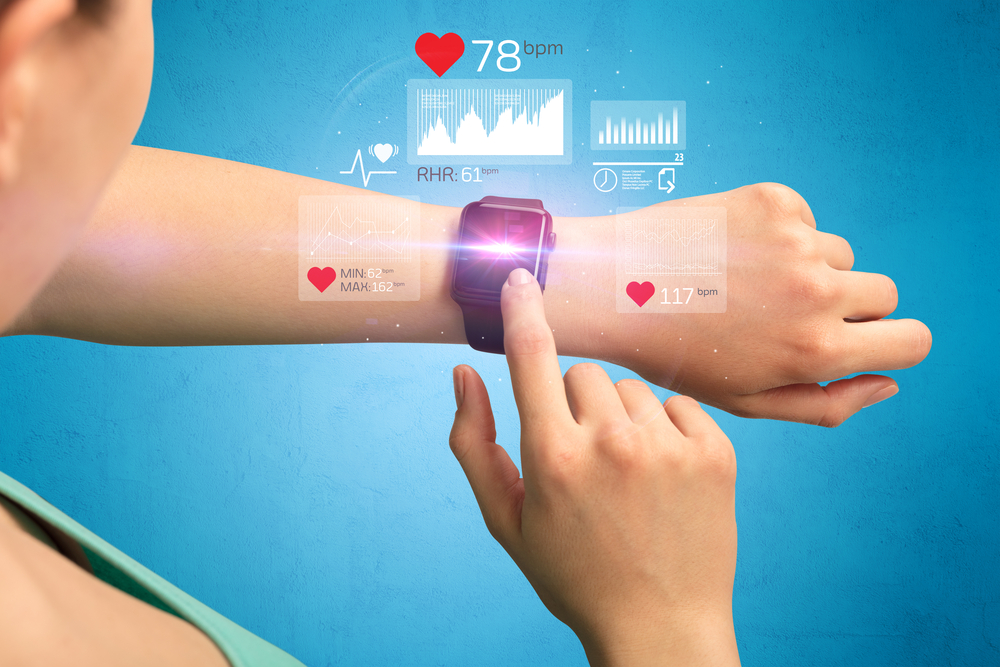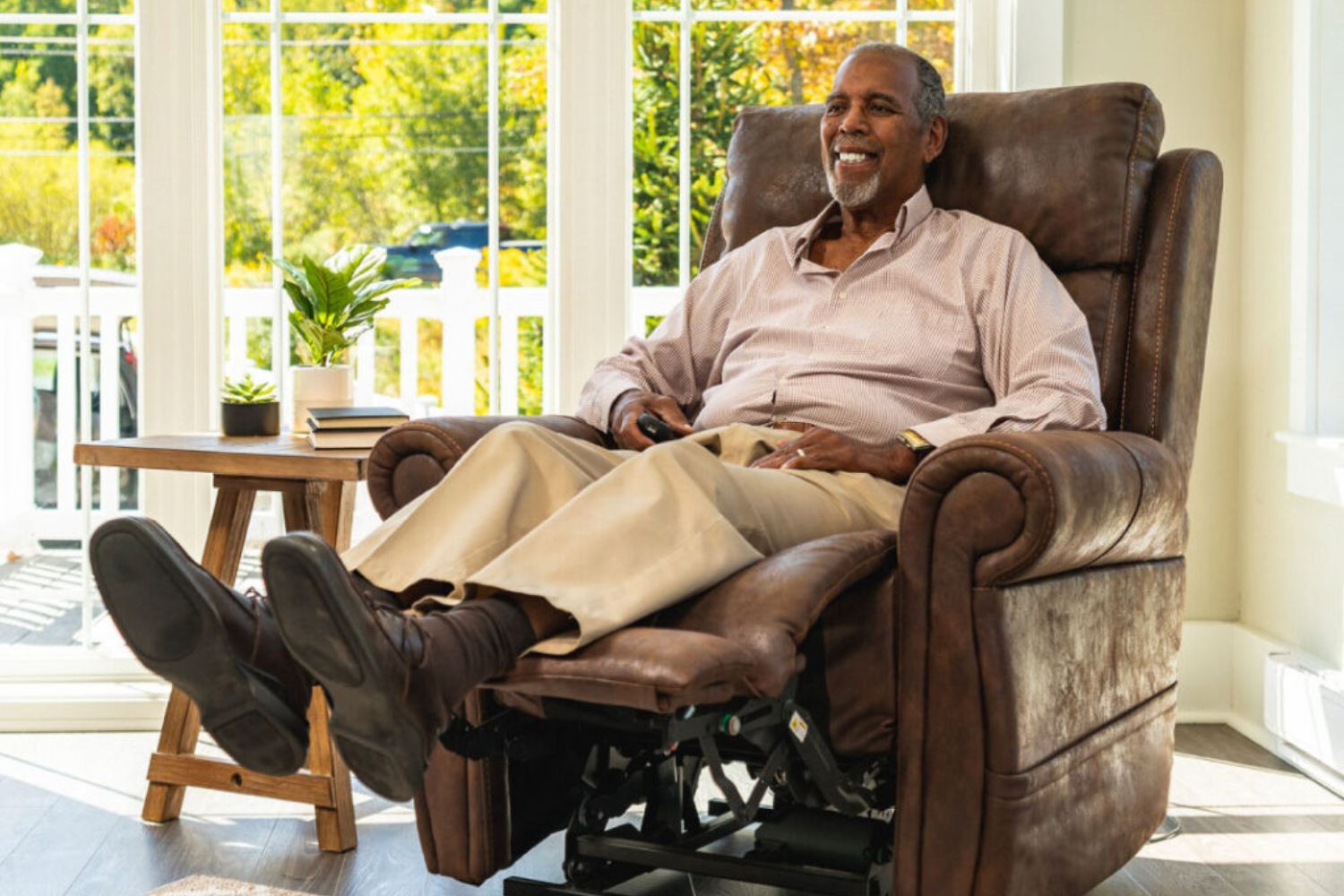Best Health Wearables to Track Fitness
Table of contents

In today’s fast-paced world, keeping track of your health and fitness has never been easier thanks to the evolution of health wearables. Whether you’re a seasoned athlete or someone just starting their fitness journey, these gadgets offer valuable insights into your health metrics. Let’s dive into the best health wearables to track your fitness and how they can make a difference in your daily routine.
Understanding Health Wearables
Health wearables are electronic devices that monitor various health metrics such as heart rate, sleep patterns, and physical activity levels. These devices are typically worn on the wrist, but some are also available as clips or bands that attach to clothing.
How They Work
Most health wearables use sensors to collect data on your physical activities. These sensors can track steps taken, calories burned, heart rate, and more. The data is then synced with an app or device where you can view your health statistics.
Health wearables often include GPS tracking, allowing users to map out their runs or workouts. This provides detailed insights into distance covered and pace, making them invaluable tools for runners and cyclists.
The integration of Artificial Intelligence (AI) has also enhanced the capabilities of these devices. AI helps in analyzing your data and providing personalized health insights and recommendations.
Overall, the technological advancements in health wearables have made them an essential part of many fitness regimens.
Top Health Wearable Brands
Several brands have established themselves as leaders in the health wearable market. Here are a few top contenders:
- Fitbit: Known for its user-friendly interface and comprehensive tracking features.
- Garmin: Offers high-quality devices geared towards serious athletes.
- Apple: Apple Watch is renowned for its seamless integration with other Apple devices and robust health tracking abilities.
These brands have continually innovated their products to provide users with more accurate and expansive health data.
Each brand offers a variety of models to suit different needs and budgets, from entry-level trackers to advanced smartwatches.
Comparison Chart
| Brand | Key Features | Price Range |
|---|---|---|
| Fitbit | Heart rate monitoring, sleep tracking, GPS | $50 – $300 |
| Garmin | Advanced sports features, music storage | $100 – $700 |
| Apple | ECG, Blood Oxygen app, fitness tracker | $200 – $800 |
Features to Consider When Choosing a Wearable
Choosing the right health wearable involves considering various features that align with your fitness goals and lifestyle.
Compatibility
Ensure the wearable is compatible with your smartphone or preferred operating system. Compatibility allows you to easily sync your data and fully utilize the device’s features.
Battery life is another crucial factor. Some wearables require daily charging, while others can last for days or even weeks on a single charge.
Sensors and Metrics
Look for wearables that monitor the health metrics most relevant to your goals. For instance, if you are focusing on cardiovascular health, a device with accurate heart rate monitoring would be ideal.
Additional features such as blood oxygen level monitoring and sleep quality analysis can provide a more comprehensive overview of your health.
Integrating Wearables into Your Routine
Having a wearable is only beneficial if you know how to use it effectively. Here are some tips on integrating it into your fitness routine:
Set Achievable Goals
Start by setting realistic fitness goals that your wearable can help you track. This could be increasing your daily step count, improving sleep quality, or managing your heart rate during workouts.
- Monitor your progress regularly.
- Adjust your goals as you improve.
- Celebrate milestones to stay motivated.
Many wearables offer guided workouts and reminders to keep you on track with your fitness journey.
Analyze Data
Use the data collected by your wearable to understand your habits and make informed decisions about your health. Regular analysis can highlight areas that need improvement and help you maintain consistency.
Don’t underestimate the power of trends; they can reveal patterns that are key to enhancing your fitness levels.
The Future of Health Wearables
The future of health wearables looks promising with continuous innovations aimed at improving user experience and health monitoring capabilities.
Emerging Trends
We can expect to see enhancements in sensor technology for even more accurate health data collection.
Wearables may also integrate more deeply with health care systems, providing doctors with real-time patient data to aid in diagnostics and treatment plans.
Personalized Health Insights
Artificial intelligence will continue to play a significant role, offering personalized health insights and recommendations based on user data.
These advancements are geared towards making health management more accessible and effective for everyone.
Sources:
1. Men’s Health
2. Wired Magazine








